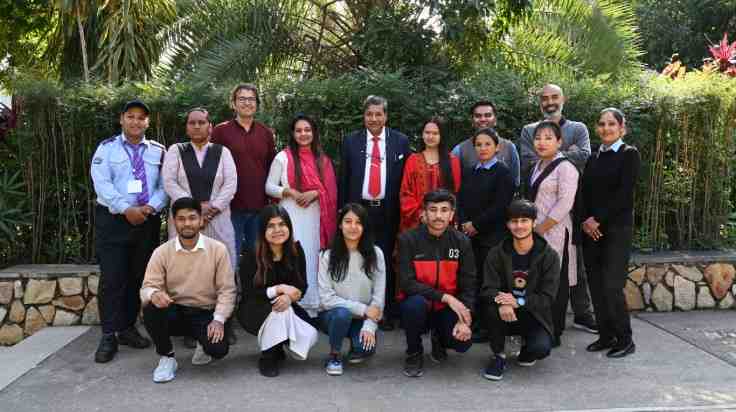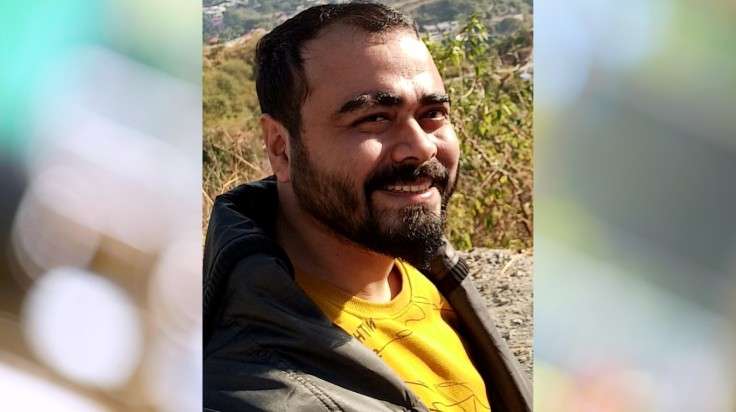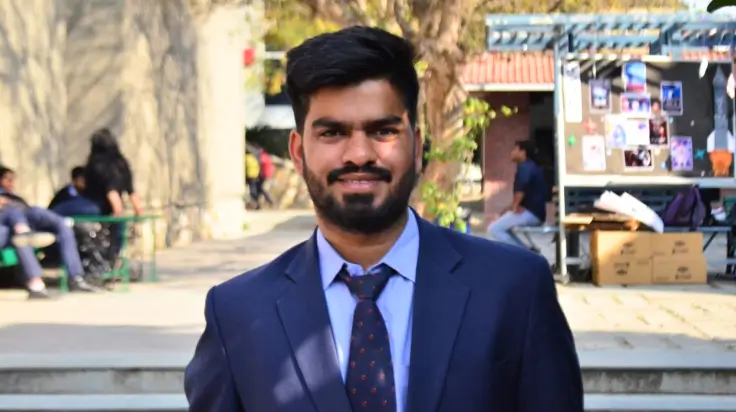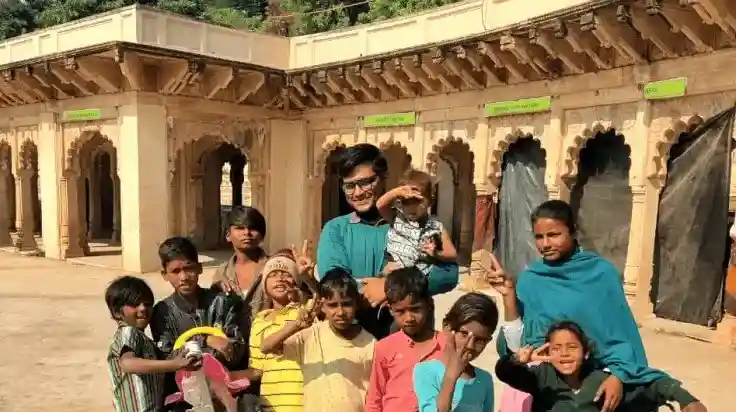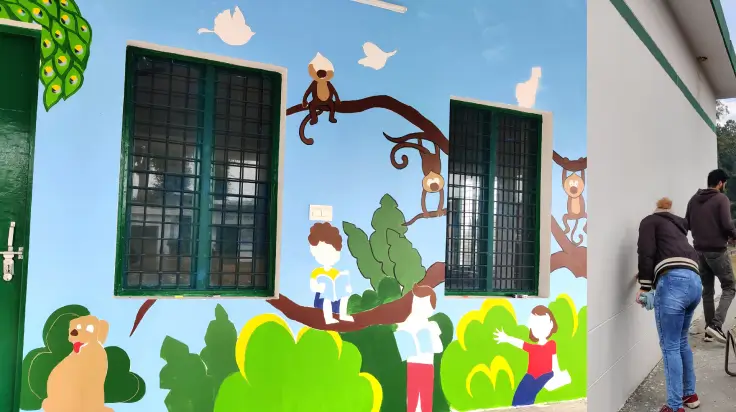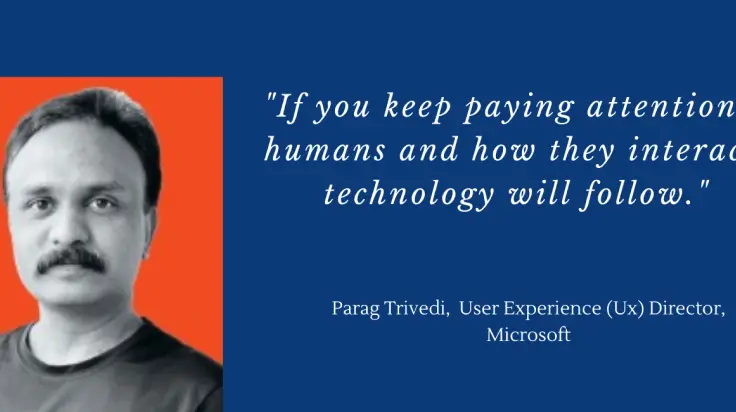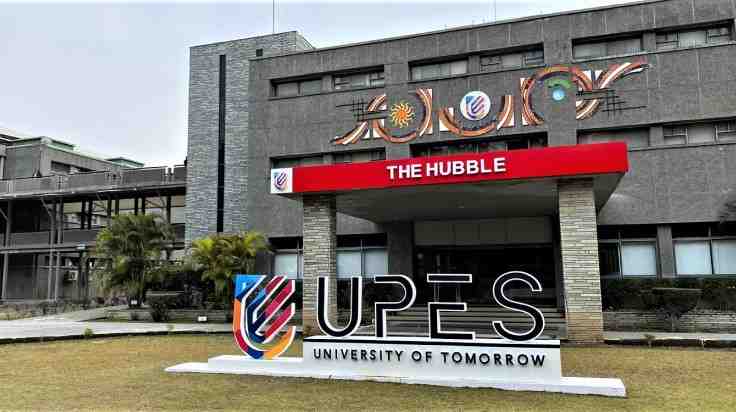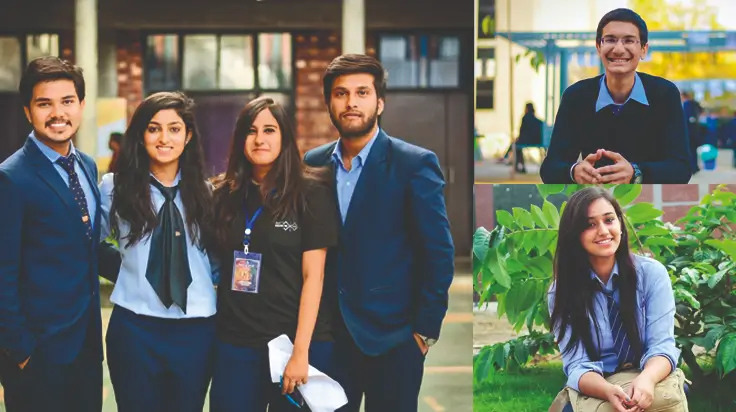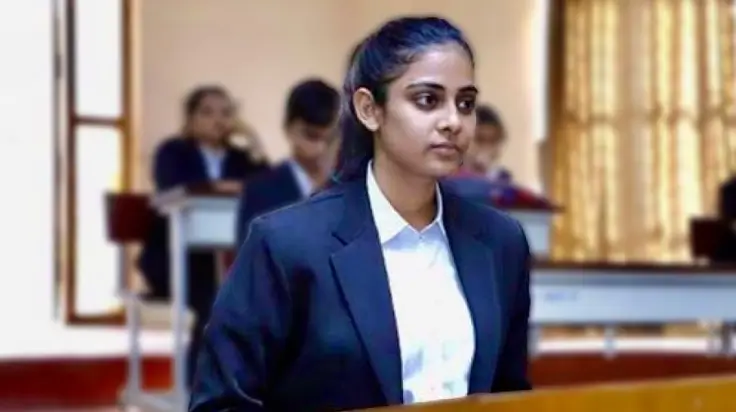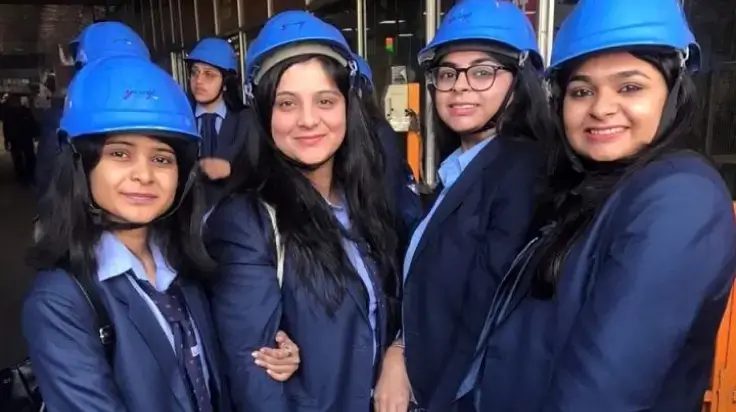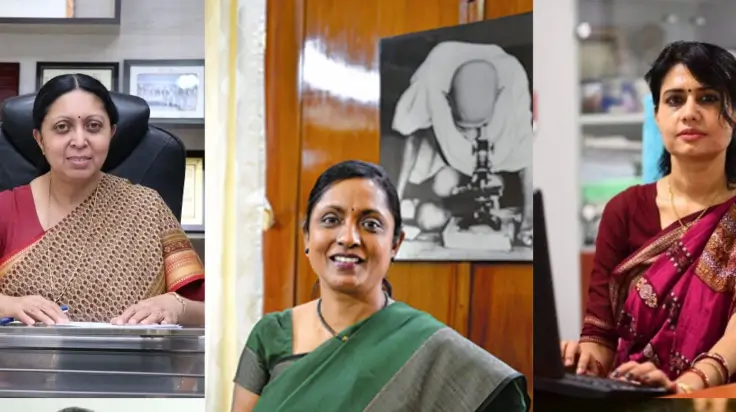Cutting-edge research for health and environment causes by UPES nanotechnologist
- Diana George
- Published 07/03/2023

Dr Aashish Mathur, Senior Associate Professor at Center for Inter-disciplinary Research and Innovation (CIDRI), UPES, is currently leading a research team at UPES’ Sensor Fabrication Lab that seeks to make cutting edge nanotechnology-based sensors for various causes including disease detection and environmental protection
Astrologer. Researcher. Reiki master healer. Scientist. Nanotechnologist. Social worker. Entrepreneur.
We are not describing different people, but one individual – Dr Aashish Mathur, Senior Associate Professor at Center for Inter-disciplinary Research and Innovation (CIDRI), UPES.
Dr Mathur is not your average scientist. His varied interests have led him to dabble in a variety of fields that are as different from each other as chalk and cheese.
Apart from doing a Ph.D. in Nanotechnology and Microfluidic Sensors, Dr Mathur has also completed online certificates in Operations Management from Wharton Business School and Change Management from Adam Smith Business School, University of Glasgow.
Currently, he is leading a team of researchers at UPES’ Sensor Fabrication Lab (SFL) to formulate the world’s first device to detect Hirschsprung’s Disease, a congenital disorder of the intestines that affects 1 in 5000 infants and is responsible for 25-30% mortality rate among children born with this condition.
Apart from Hirschsprung’s Disease detection, Dr Mathur’s team at SFL is also committed towards developing sensors for social causes such as women’s safety, environmental protection, and drug abuse prevention.
The team has been working towards creating an app that can reveal if a drink has been spiked, and fabricated sensors to detect the presence of heavy metal in water, adulterants in milk, and recreational drugs in drinks.
Their other nanotechnology-based innovations seek to provide affordable healthcare through sensors that can detect glucose and Vitamin D3 levels in the human body, spot early-stage cardiac disease, and diagnose diabetic foot ulcers through smart bandages.
“We are driven towards the development of cutting-edge nanotechnology-enabled technologies for healthcare, food quality and environment monitoring for creating a more sustainable startup ecosphere in Uttarakhand region,” Dr Mathur says.
Describing the SFL lab, Dr Mathur says that it is equipped with state-of-the-art fabrication techniques such as 3D printing, laser cutting/engraving and screen printing, which are beneficial for developing cost-effective and efficient device platforms aimed at societal benefits.
“The lab is funded by national and international funding bodies such as Biotechnology Industry Research Assistance Council (BIRAC), Department of Science and Technology (DST), Indian Council of Agricultural Research (ICAR), UK-India Education Research Initiative (UKIERI), Indo-ASEAN, and a generous seed grant support by UPES,” he adds.
Dr Mathur has attended over 150 national and international conferences, seminars, and workshops in India and around the world. He has over 115 research articles, over 1700 citations and 27 patents to his name. He is the proud recipient of prestigious awards like the DST-UKIERI, the INSA young scientist fellowship and the Young Scientist Award at the International Conference on Advances in Nanomaterials and Nanotechnology (ICANN).
With his excellent research background, Dr Mathur has developed collaborative ties with national and international centres of excellence in research, such as IIT-Delhi, IIT-Mumbai, the universities of Cambridge and Ulster, UK, and various universities in South Africa, Australia, France, and Canada.
Dr Mathur’s impressive list of awards and recognitions highlights his dedication to scientific research and his exceptional contributions to the field of nanotechnology-enabled biosensors. His innovative work at UPES’ Sensor Fabrication Lab has the potential to revolutionise disease detection and environmental protection, and his contributions to the scientific community have not gone unnoticed.
In addition to his research work, Dr Mathur is also deeply committed to promoting science education and awareness in India. He has organised and participated in a number of outreach programs aimed at inspiring young students to pursue careers in science and engineering. He has mentored several undergraduate and graduate students, many of whom have gone on to have successful careers in academia and industry.
Become future-ready with our Academic Excellence programs
Know MoreDiana George
The writer is a part of the UPES editorial team
Tags
- Research
- Research and Innovation
UPES Admission Enquiry
Subscribe to UPES Blogs
Join our community for exclusive stories, insights, and updates
By clicking the "Subscribe" button, I agree and accept the privacy policy of UPES.










